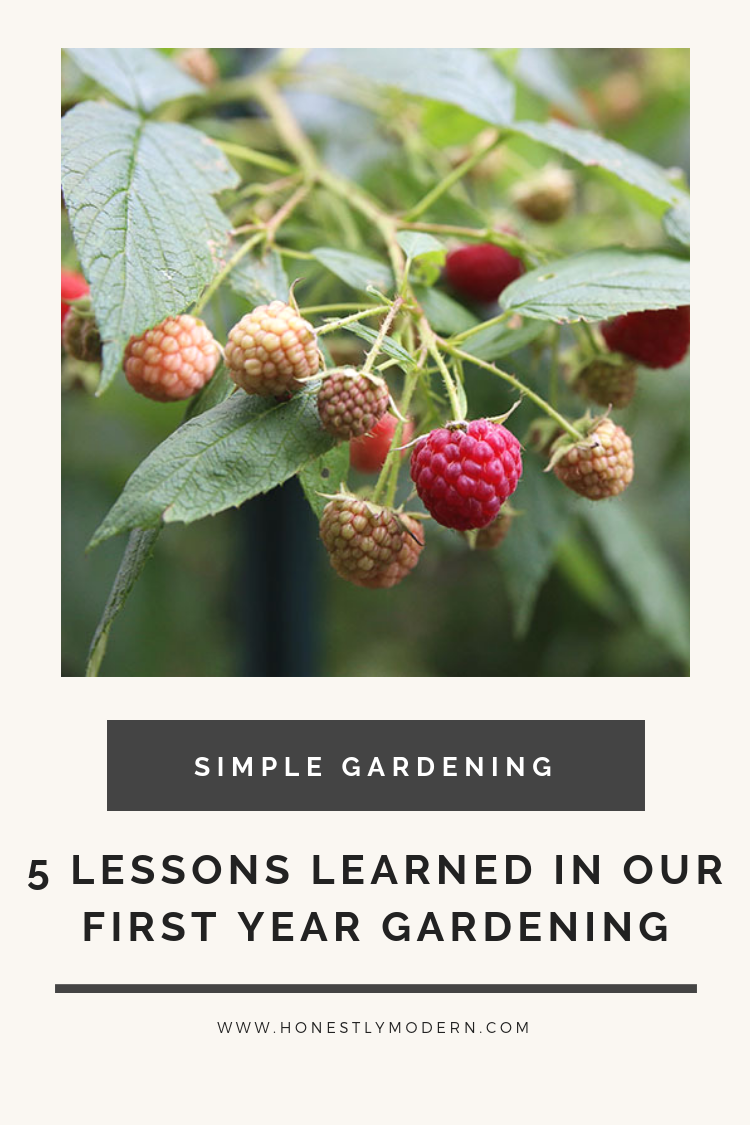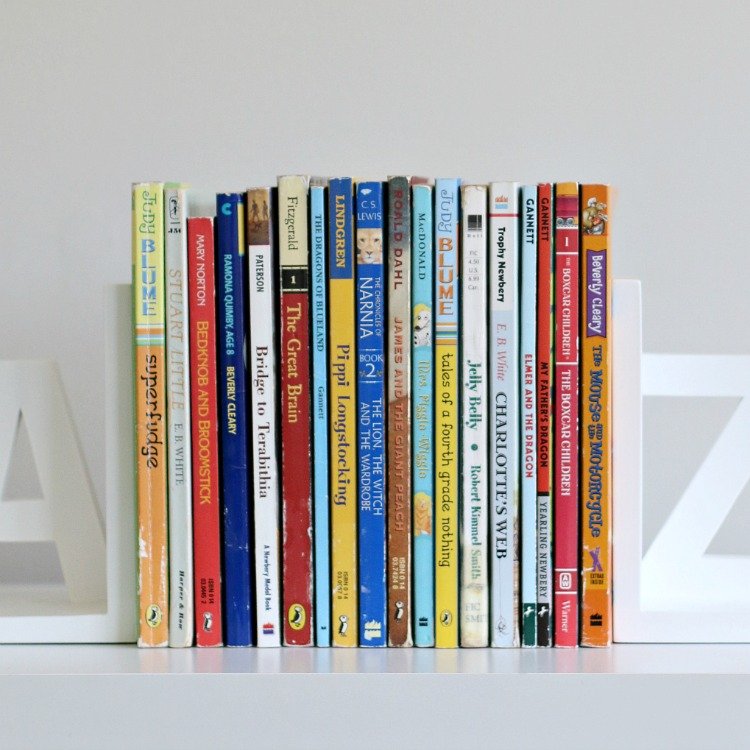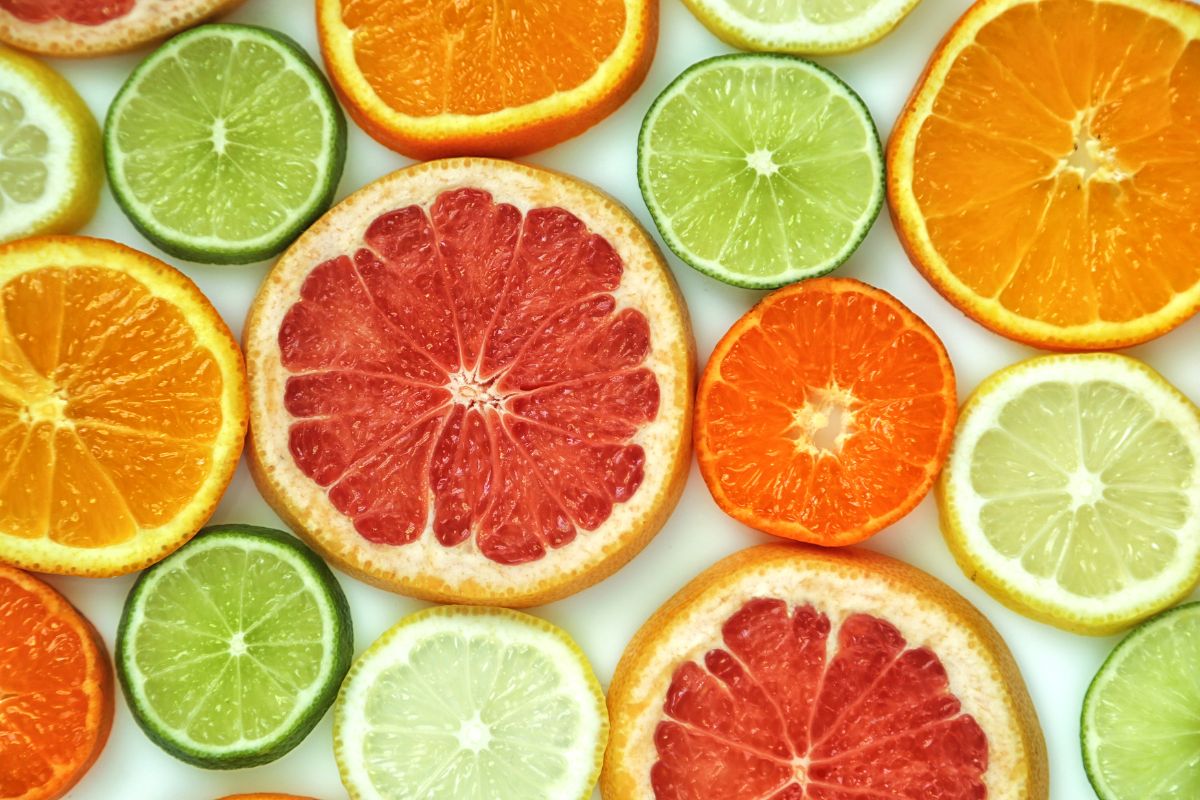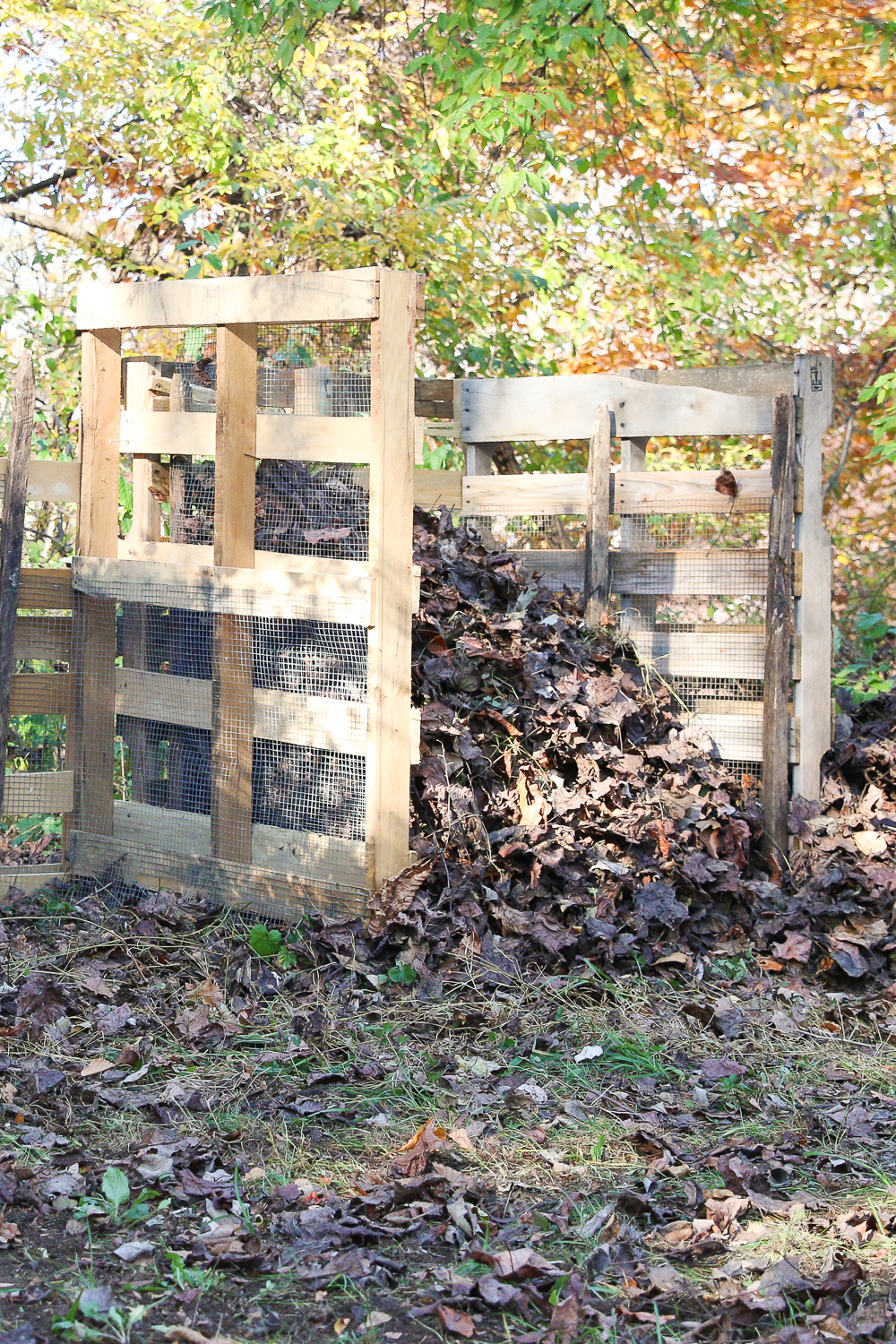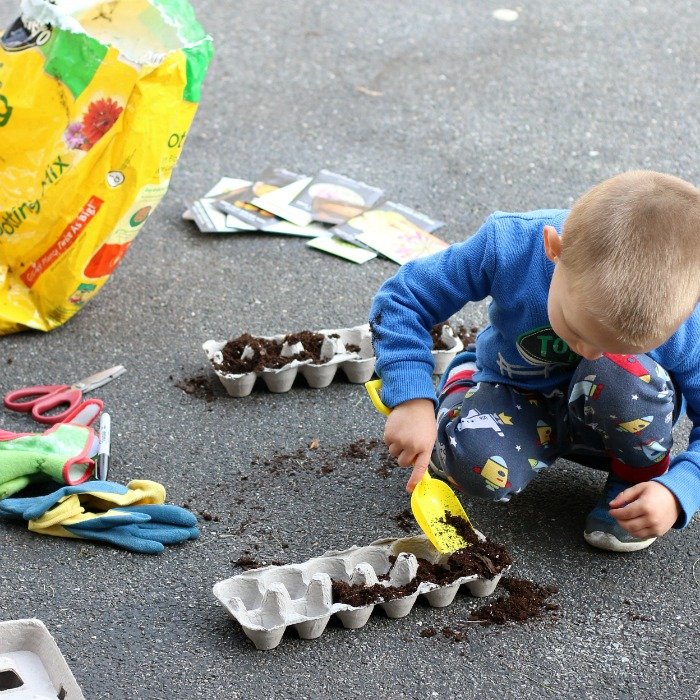5 Lessons Learned In Our First Year Gardening
Gardening doesn’t have to be intimidating, even for rookies. As long as you accept that not everything will go as planned, it’s pretty neat and not that scary. If you want to try your hand at growing your own vegetable garden, consider these tips learned after my first year as a vegetable gardener.
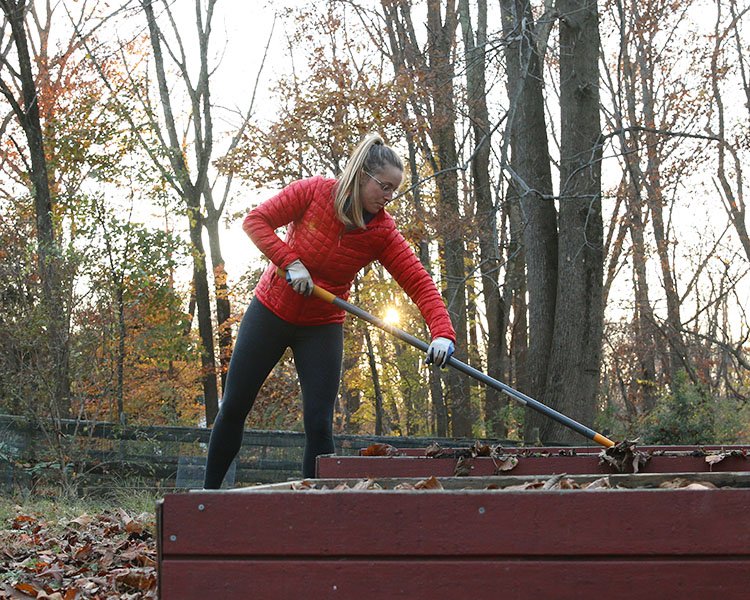
A chill is in the air, I pulled out my warm coat this past weekend and the forecast calls for snow. Winter is on it’s way.
After a hot and wet summer that I don’t particularly recall enjoying, I’m ready for some cooler weather. Remind me I said that in two months when I’m cursing January cold and February snow, because I’m not a fan of winter.
Needless-to-say, I took an hour or so last weekend to clear out our garden and “put it to bed” for the winter. I had already cleaned out some of the beds a month or two ago when things started to die. Our squash plants bit the dust in early September, and the tomato plants hung around until late September. The peppers and eggplants, however, continued to produce until just a few weeks ago, so I left them alone until now.
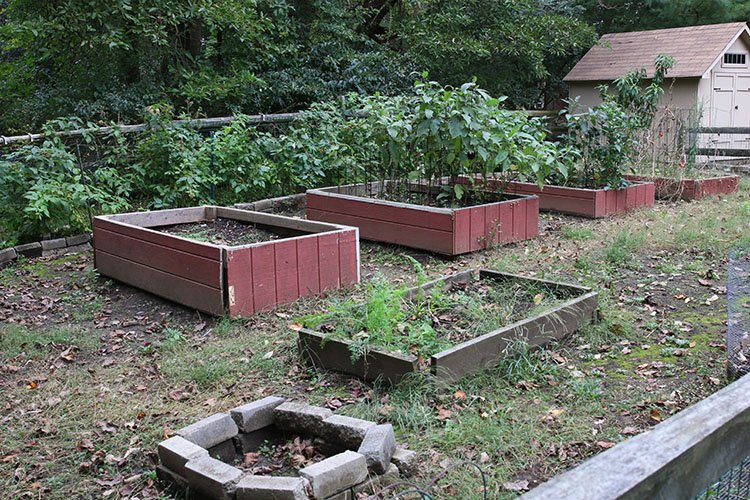
I pulled out each of the remaining plants and tossed them into a pile on the back of our property to let them (hopefully) decompose into compost. I mixed the plants with some leaves, some cardboard, and jack o’lanterns the boys carved for Halloween. I didn’t shred anything or break it down much, so it may take a while to rot, but I’m not in any rush.
This “chunky” compost pile is separate from the one in which I place food scraps, egg cartons, and things that I will be able to use next spring. My composting adventures are all giant experiments, after all, so we will see what becomes of them.
I planted some clover (i.e. sprinkled seeds) as a cover crop in each of the beds. Cover crops help soil retain and replenish nutrients during off seasons. We’ll see how it all turns out in the spring…
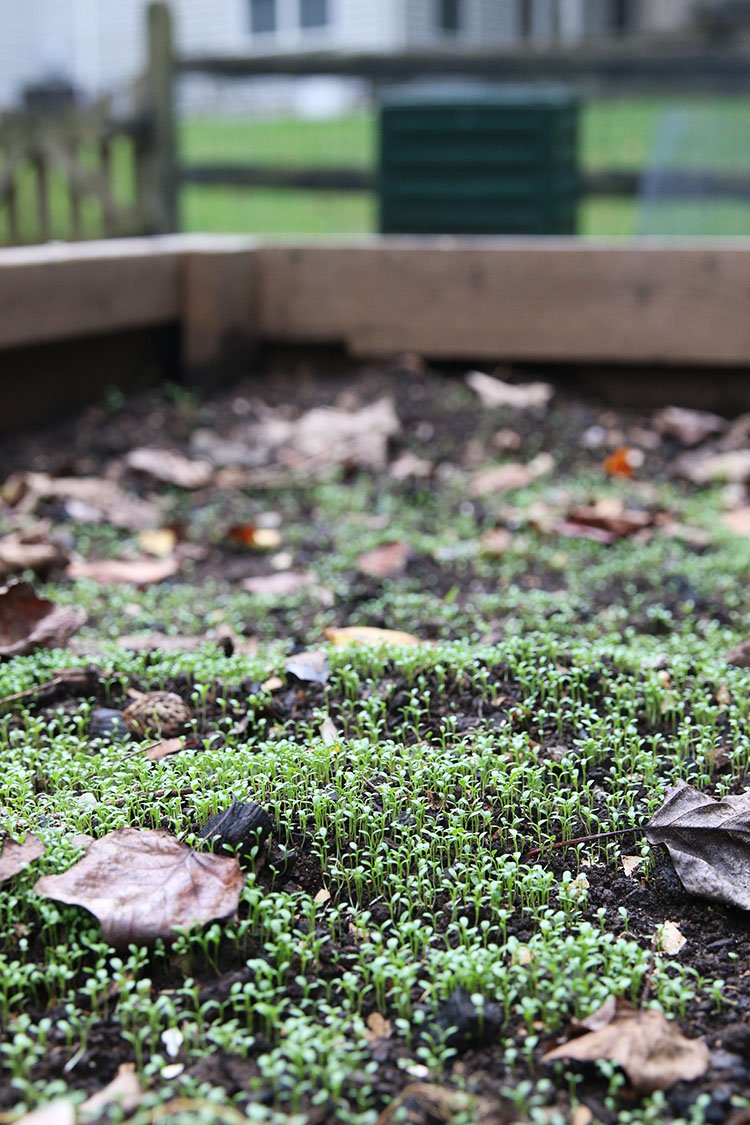
With my first year of gardening under my belt, I definitely learned a lot. I’m far from an expert, but I knew absolutely nothing before this summer. In other words, I set the bar pretty low. I can confirm with certainty though that gardening is not as hard as it seems. It’s hard to perfect, but not tough to practice if you’re willing to accept that not everything will go as planned.
5 Lessons Learned In Our First Year Gardening
Let Nature Do Its Work (Mostly)
For the first few weeks, I watered the garden every couple of days. This turned out to be far too much water. I live in Pennsylvania, an area that generally has plenty of moisture and can be quite humid in the summer. If I lived in a more arid climate, I may have needed to water more frequently, but in my case, nature did most of the work itself.
Every garden has different needs depending on location, amount of sun, climate, soil quality, and more. No matter where you live though, don’t forget that nature takes pretty good care of itself. Save yourself the time and stress of over-managing the garden. Water when it looks dry. Pull weeds when they are disturbing the plants. And leave it alone when everything is fine.
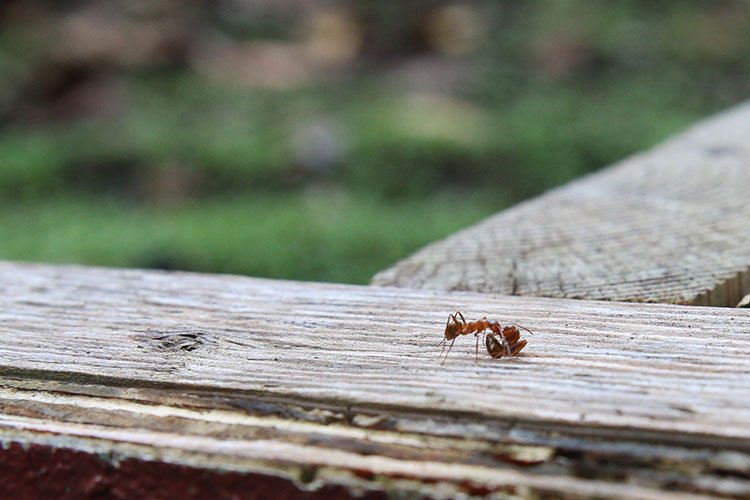
Embrace The Weeds
At some point, the collective “we” developed an obsession with killing weeds. But weeds aren’t always bad. Nature creates what nature needs, and there’s a reason that weeds thrive as they do. Weeds add diversity to an ecosystem for animals and especially bees. Weeds help retain water in the soil and prevent soil erosion.
Weeds also don’t need a lot of nutrients and minerals to survive. Unless they are right up near plant roots, they aren’t “hogging” all the soil’s nutrients.
I visited an organic garden over the summer and took to heart the gardener’s recommendation to embrace the weeds. I pulled weeds that grew in the plant beds and left those growing in the walkways and open areas.
About once a month, I cut the weeds down with a hedge trimmer so I didn’t have to walk through weeds up to my knees. We live in the woods in an area that is a hotbed for ticks (including deer ticks) so keeping the weeds short was also a matter of health concerns. Ticks love living in long weeds.
In general though, I didn’t concern myself much with the weeds. It saved me a bunch of time not having to pull them all and weeds are also much softer to kneel on than wood chips or pavers.
Plant What You Eat
If you don’t love to eat it, don’t grow it.
We grew squash and eggplant, tomatoes and peppers, raspberries, blackberries and carrots. We like most of those things, but we ended wasting or having to get creative using the green peppers and tomatoes. I don’t really love either one of those things.
Everyone seems to grow tomatoes, maybe because they are easy? For us, however, they were one of the worst-performing crops this year and no one wanted to eat them anyway. We definitely won’t be growing green peppers or tomatoes next year. Live and learn.
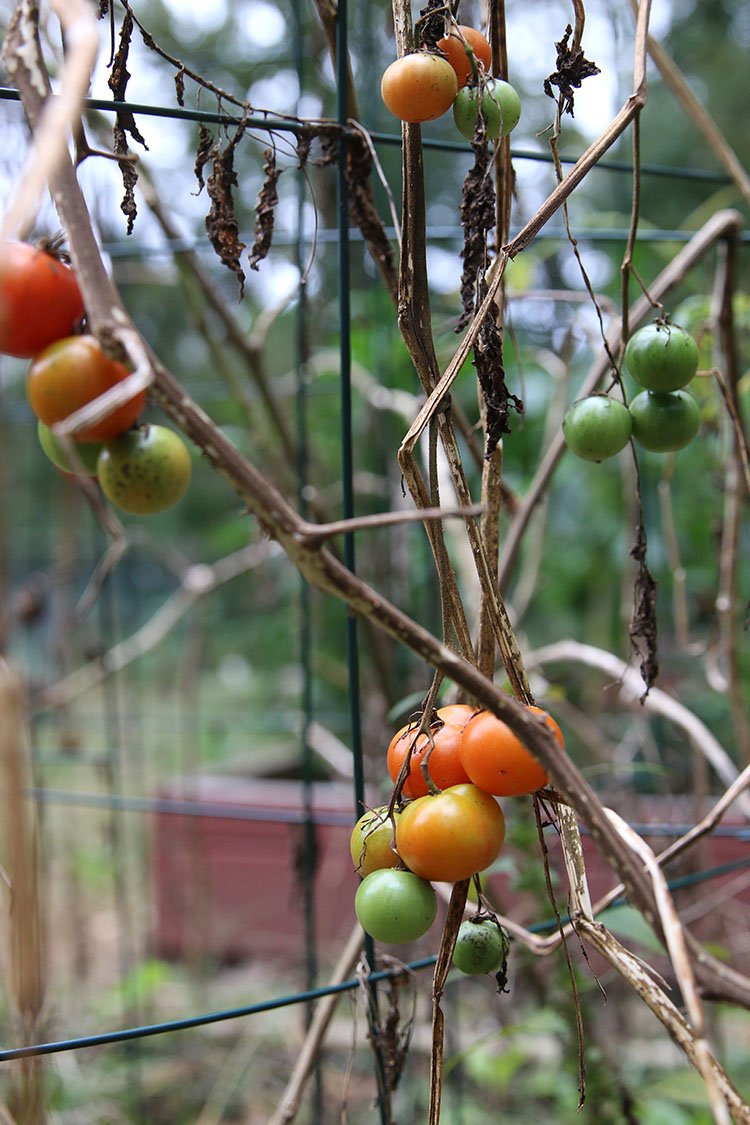
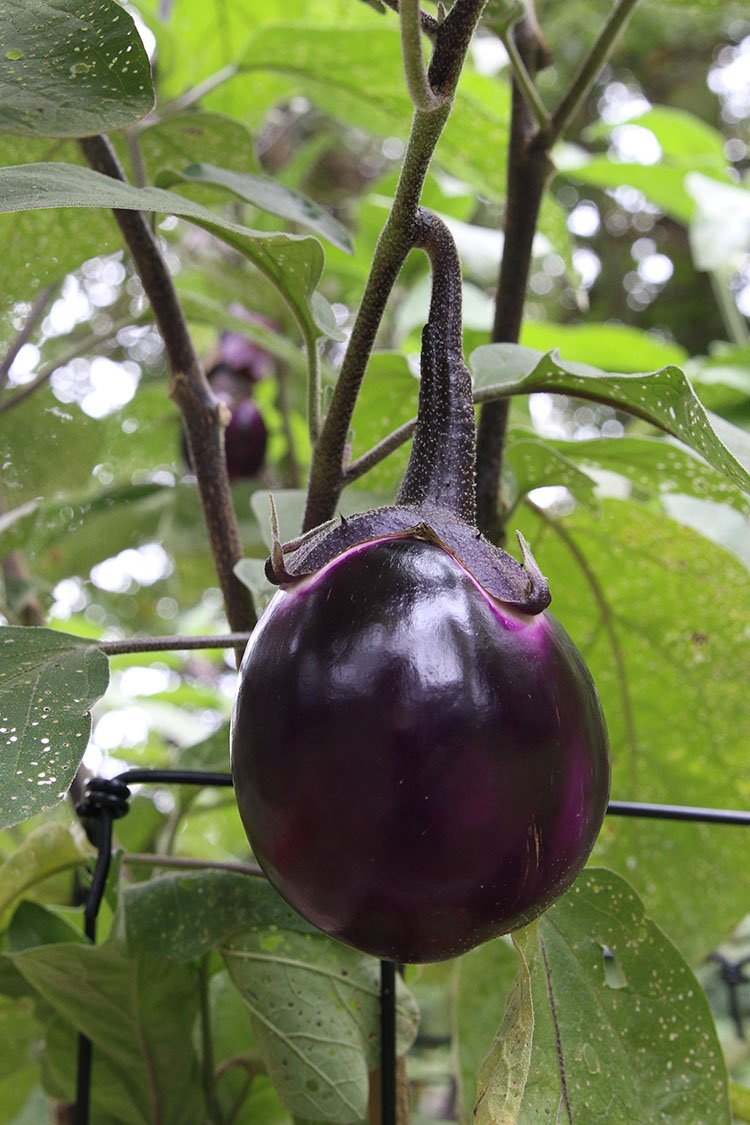
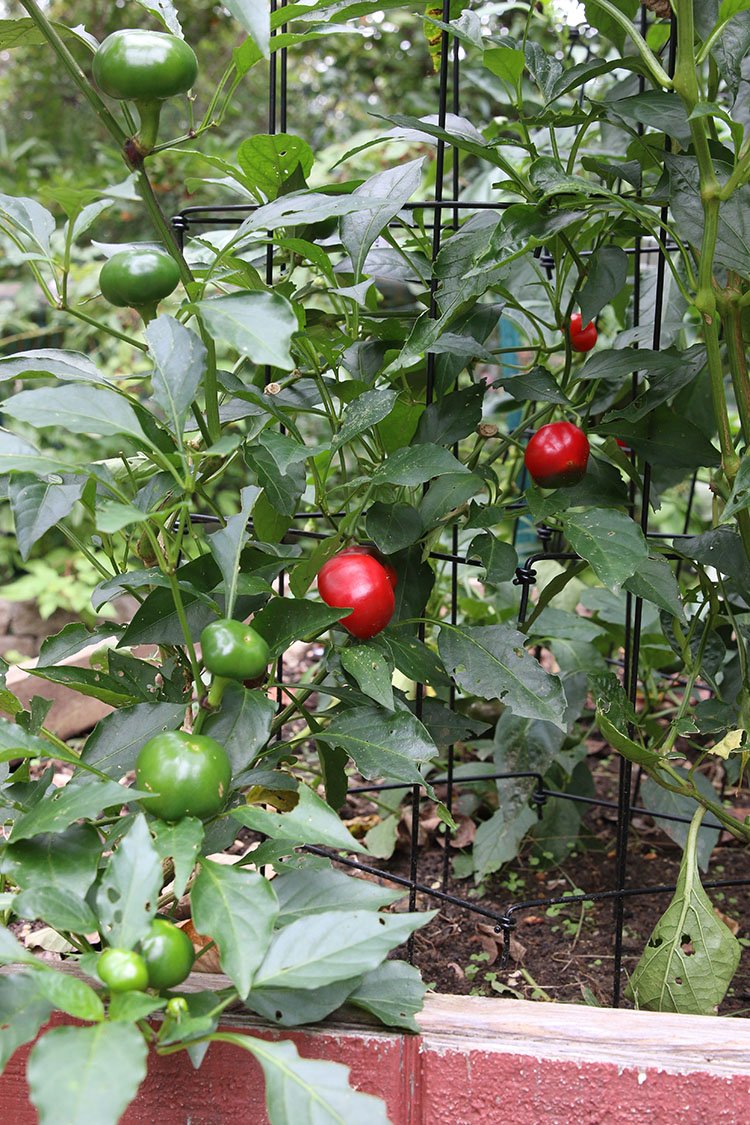
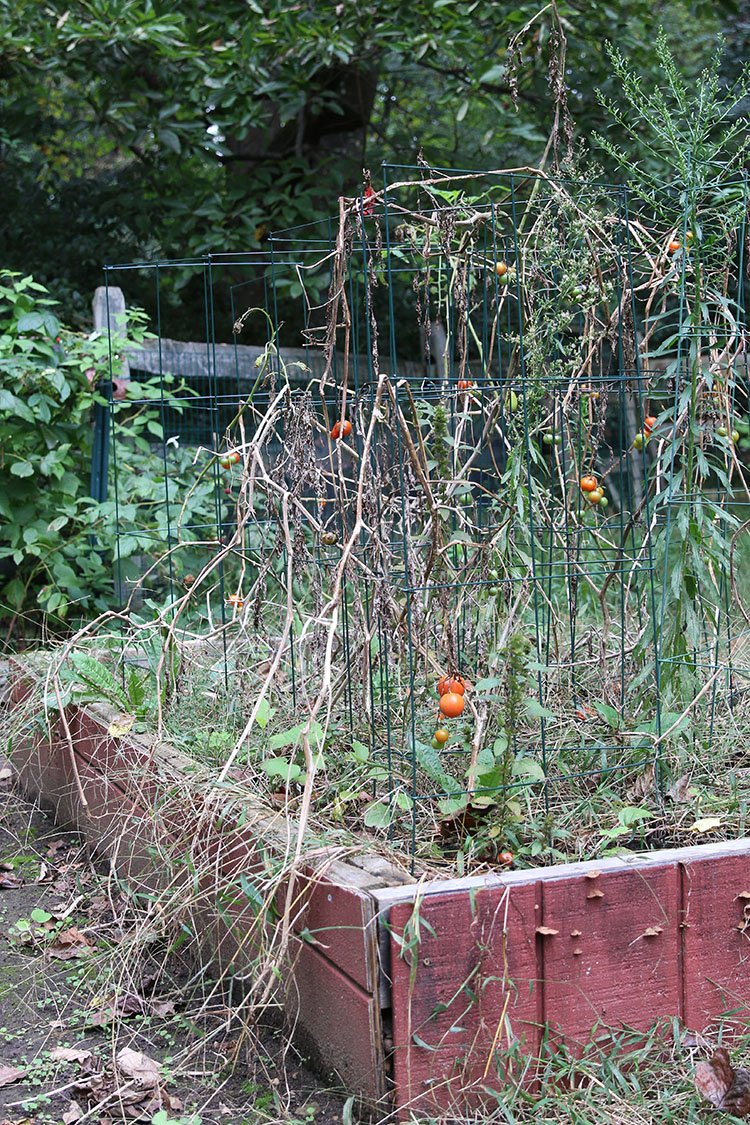
The Garden Is In Control
If you have some grand plan about how everything in your garden will grow, forget it. The garden is in control. We can make a concerted effort to properly care for the garden, but not everything will work out.
This year, our pumpkins never grew. I have no idea why. My older son’s beloved seven foot tall sunflower caught some disease and quickly tumbled to the ground. He was so sad, but nothing I tried could save it.
On the other hand, the eggplants thrived and we had a plethora of spicy peppers. Don’t stress over how it all turns out. Give it a good faith effort and know that some things just can’t be controlled.
We Love Raspberries
I never liked raspberries. I tried them many times, and hated the texture. Then we grew raspberries in our own backyard, and now I’m converted.
Ours are smaller and more flavorful than store-bought version. And… I grew them, so of course they taste better! I still don’t really like the store-bought ones.
We’ve heard many times that kids are more likely to eat and enjoy foods they help prepare, and growing a garden is a perfect example of this. Apparently it works for adults too!
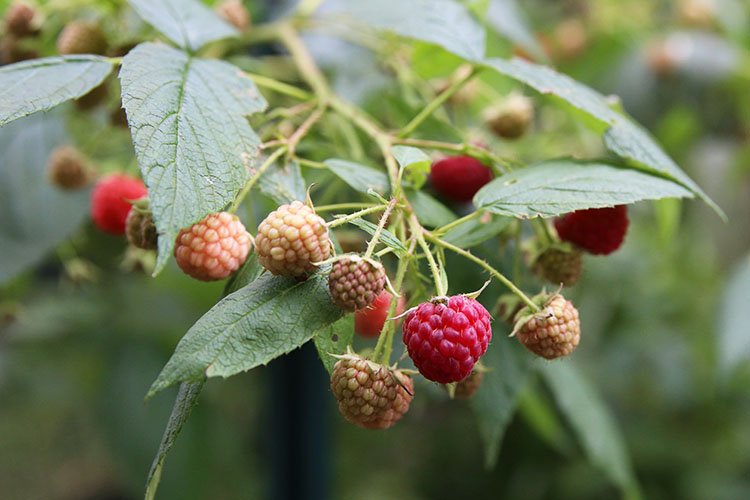
I really enjoyed having a garden this past year. Not everything was perfect, but it gave me a good reason to get outside and dig in the dirt. It took less time to manage than I anticipated, in part due to not caring about everything being perfect. I also got a close up look at the life cycle of what I eat.
In today’s culture, consumers are so far removed from the food supply chain. Few people know how food is grown, where it comes from, or what resources it takes to produce just a single piece of food. Although I still don’t see the full life cycle of most of the food that ends up in my kitchen, growing a garden (even if it’s small) reinforces the value of what goes into producing food and why we must not waste it.
If you have a small plot of space or even a few containers on a patio that could be used for a garden, I highly recommend it. I’ve already started preparing our garden for next year.
If You Liked This Post, You Might Also Like
Gardening: Best of Beginner Intentions
5 Things I Learned In My First Gardening Class
You Can Make Dirt Composting Series

